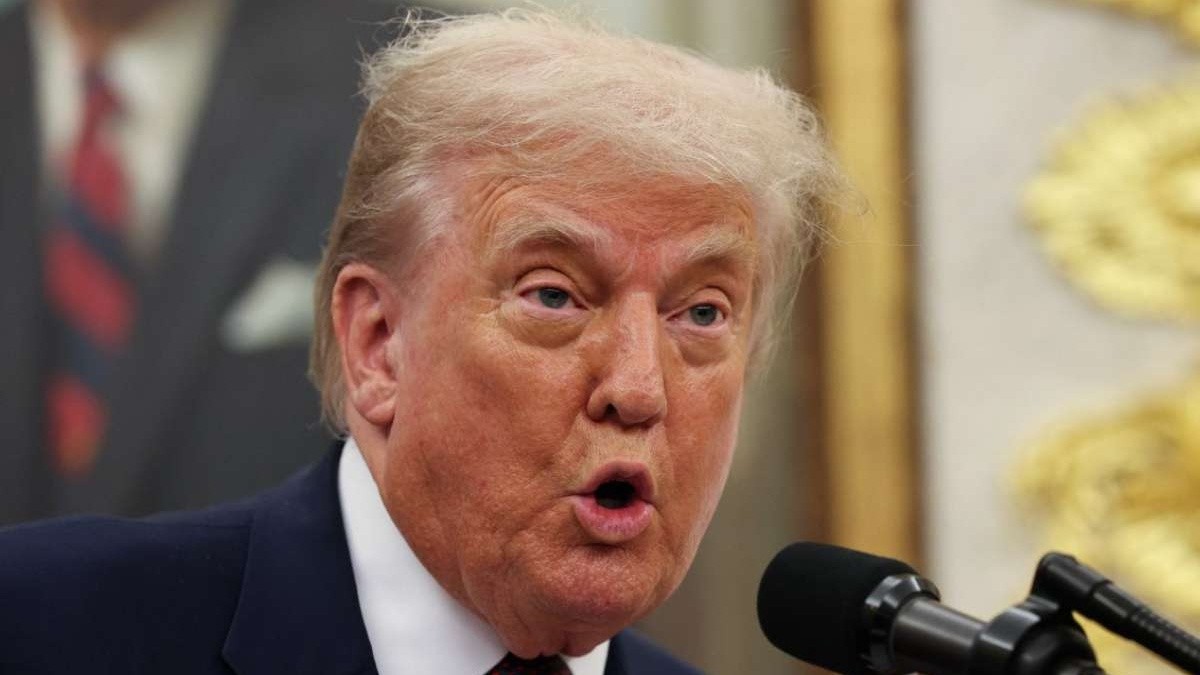Trump unveils crypto and private equity retirement opportunities

Expanding Retirement Investment Options
On August 7, 2025, President Donald J. Trump signed an Executive Order aimed at expanding access to alternative assets for 401(k) investors. The primary goal of the order is to provide American workers with more investment options that can offer better returns and diversification, ultimately leading to a more financially secure retirement. This move also seeks to enable fund managers to utilize trillions of dollars in American retirement savings, potentially reshaping the landscape of retirement investments.
Permitted Alternative Assets
The Executive Order allows for the inclusion of various alternative assets within 401(k) plans. These include private equity, real estate, and digital assets such as cryptocurrencies like Bitcoin and Ethereum. Specifically, Bitcoin ETFs could become part of retirement accounts, offering investors exposure to these high-growth assets without the need to directly own or manage digital currencies.
These alternative assets are seen as having the potential to deliver competitive returns and offer diversification benefits, which could enhance the growth of retirement savings for millions of Americans. By incorporating these assets into retirement portfolios, investors may benefit from broader market exposure and potentially higher long-term gains.
Regulatory Revisions and Clarifications
The order instructs the Secretary of Labor to reevaluate Department of Labor guidelines on fiduciary duties related to alternative asset investments in 401(k) plans. It also directs the Secretary to clarify the DOL's stance on these assets and the appropriate fiduciary process. Additionally, the Securities and Exchange Commission (SEC) is tasked with facilitating access to alternative assets for defined contribution retirement plans by reviewing applicable regulations and guidelines.
Justification from the Trump Administration
The Trump administration argues that excessive regulation and litigation risks have limited ERISA plan fiduciaries from including alternative assets, thereby hindering the growth of workers' savings. The administration aims to democratize access to these assets, which are currently restricted for most of the 90 million Americans in defined contribution plans. This initiative aligns with Trump’s promise to make the U.S. the "crypto capital of the world," emphasizing the importance of adopting digital assets for economic growth and technological leadership.
Potential Benefits
Proponents of the order suggest that younger savers could benefit from potentially higher returns on riskier investments. Cryptocurrency ETFs offer convenience for long-term investors who want exposure to the asset class without the complexities of directly owning cryptocurrency or managing a digital wallet. There is strong demand for cryptocurrencies, and a regulatory environment that fosters innovation is emerging. This move is considered a "major boon" for large alternative asset managers, opening up the $12 trillion retirement fund market.
Concerns and Warnings
Despite the potential benefits, critics warn of increased risk and litigation concerns. Larry Fink, CEO of BlackRock, has acknowledged "a lot of litigation risk" in the defined contribution business. These new investment types often have lower disclosure requirements, are generally less liquid, and tend to have higher fees than publicly traded stocks and bonds. Concerns about complexity and lack of transparency persist, with experts noting that many 401(k) investors "lack a solid understanding of basic investment concepts," which could lead to detrimental outcomes.
Previous Actions and Future Steps
President Trump issued a similar order on 401(k)s in 2020, but the Biden administration revoked that guidance. Since his reelection, Trump has taken steps to be more "crypto-friendly," including repealing Biden-era regulations, creating a strategic Bitcoin reserve, pausing SEC enforcement actions against exchanges, and establishing a national framework for stablecoins. Trump and his family have also ventured into cryptocurrencies, launching a memecoin, a Bitcoin mining company, and a decentralized finance app.
Impact on the Industry
This measure represents a significant benefit for alternative asset managers. Companies like Empower Retirement, managing over $1.8 trillion, plan to introduce private investments in their offerings. Despite the order, experts note that change could be slow; Russ Ivinjack of Aon estimates it will take 36 to 60 months to "gain traction." Confusion could lead to a wave of litigation. Initial private investment offerings may appear in target-date funds, which adjust investments as the retirement date approaches.
Post a Comment for "Trump unveils crypto and private equity retirement opportunities"
Post a Comment